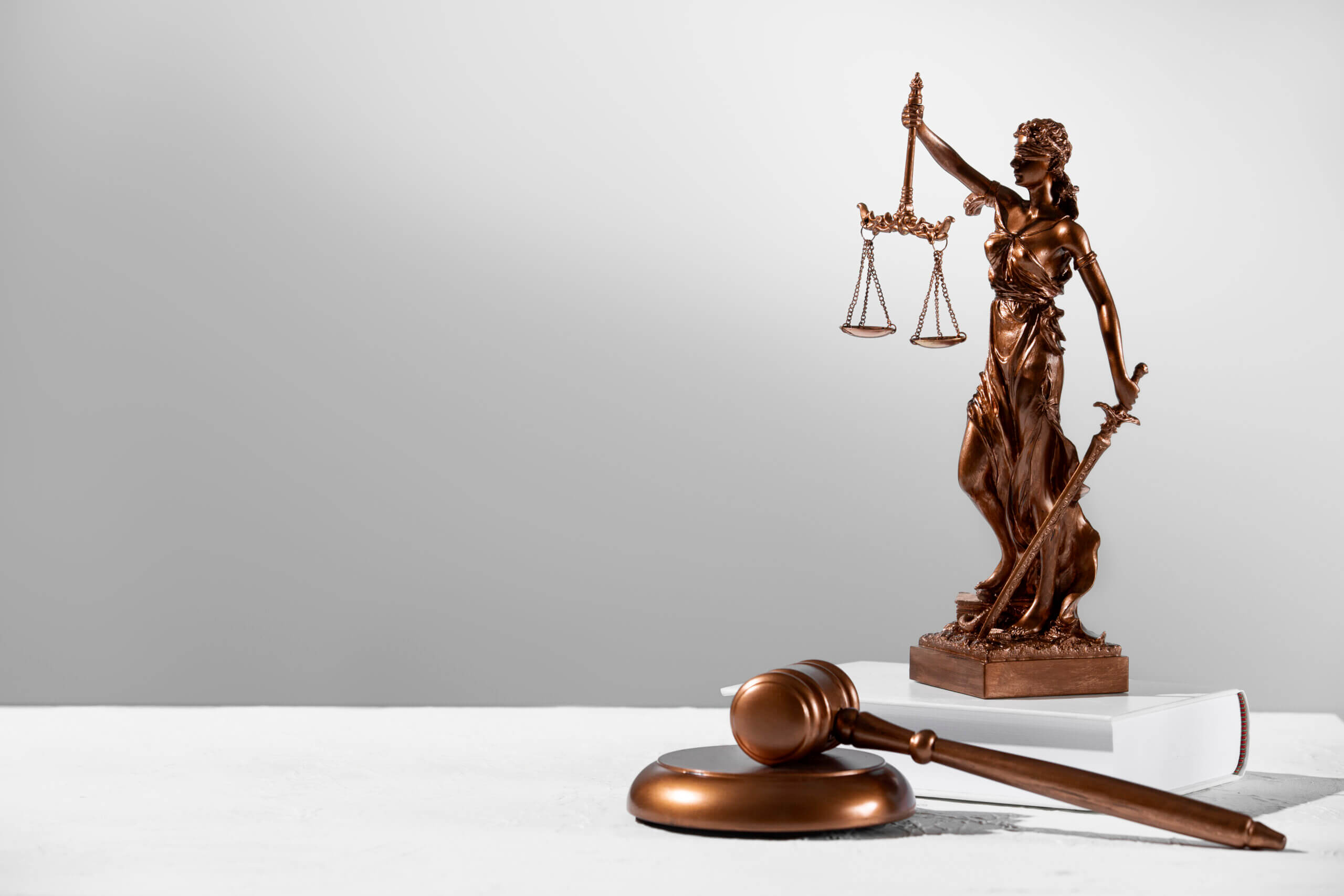
One Nation One Elections
What is One Nation, One Election?
The idea of One Nation, One Election proposes that Lok Sabha and State Assembly elections should be conducted simultaneously. This aims to streamline the election process, reduce costs, and ensure consistent governance.
Key Recommendations of the Committee
The committee on One Nation, One Election made several important suggestions:
- Amendment of Constitutional Provisions: Articles 83, 85, 172, 174, and 356 may need amendments to align election cycles.
- Fixed Tenure for Assemblies: Proposing mechanisms to manage situations like early dissolution or loss of majority.
- Phased Implementation: A gradual rollout starting with some states to assess the feasibility of nationwide simultaneous elections.
- Election Commission Empowerment: Strengthening the Election Commission’s authority to ensure smooth coordination across states.
These recommendations require careful examination of their legal and logistical impact, making it a critical topic for judiciary exam preparation.
Legal and Constitutional Challenges
Implementing One Nation, One Election is not without hurdles:
- Federal Structure Concerns: States may feel that their autonomy is being compromised.
- Constitutional Amendments: Significant legal changes are required to synchronize elections.
- Judicial Precedents: Past judgments highlight the need to respect the unique political dynamics of each state.
These challenges offer excellent material for judiciary exam essays and interviews, which our Delhi Law Academy notes comprehensively cover.
How One Nation, One Election Affects Governance
- Cost Efficiency: Reducing the financial burden of frequent elections.
- Policy Continuity: Avoiding the disruption caused by the Model Code of Conduct during staggered elections.
- Enhanced Voter Turnout: Streamlined elections could encourage greater participation.
These governance implications align with topics frequently covered in judicial exams, emphasizing their importance for aspirants.
Why Judiciary Aspirants Must Follow This Topic
For judiciary aspirants, understanding topics like One Nation, One Election is crucial for exams and future roles as judicial officers. Questions related to constitutional amendments, governance reforms, and electoral law are often asked in judicial services exams.
How Delhi Law Academy Prepares You
At Delhi Law Academy, we provide the best resources for judiciary preparation:
- Judicial Services Online Classes: Expert faculty explaining complex topics like constitutional law in simple terms.
- Comprehensive Notes: Covering the latest developments, including committee recommendations and case laws.
- Current Affairs Integration: Regular updates and discussions on trending legal topics.
Our students gain the knowledge and confidence needed to excel in exams and address real-world challenges.
Conclusion
The recommendations of the One Nation, One Election committee highlight the complexities of governance and legal reforms in India. For judiciary aspirants, understanding such issues is key to success.
Stay ahead in your preparation with Delhi Law Academy’s judiciary study material and judicial services online classes, crafted to provide the most up-to-date and comprehensive resources for your journey to becoming a judicial officer.
Enroll now to take your preparation to the next level!

